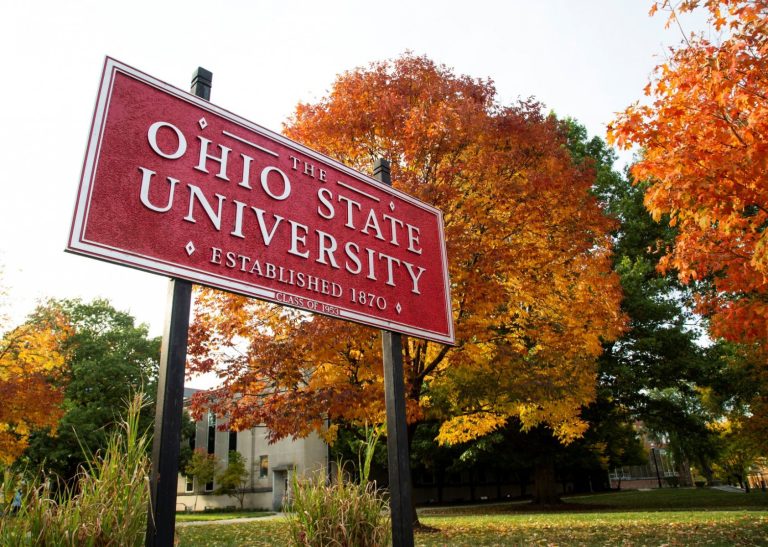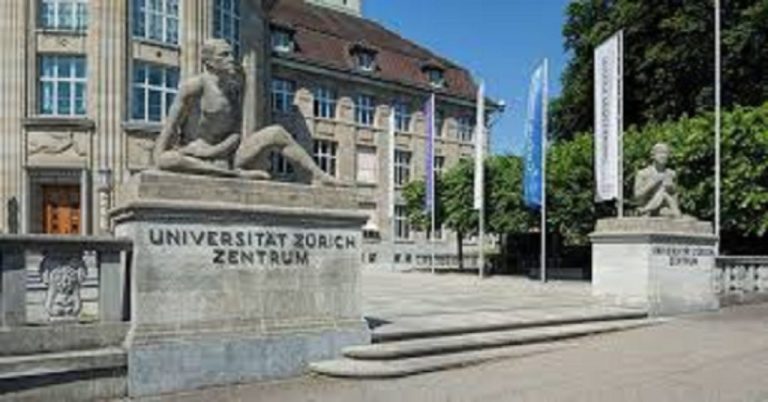Malmö University is an innovative, urban, and internationally-oriented academic institution that, thanks to its committed and experienced staff, contributes to societal development. Here, teachers, researchers, and other employees with various competencies work together to conduct high-quality education and research. All professional categories and roles are important. You are welcome to apply for a job with us!
Here you can learn more about what it’s like to work at Malmö University: Work with us
We are looking for
Doctoral student with a strong knowledge of physical, polymer or surface chemistry for a project on interactions of biodegradable polymers with water at the Faculty of Health and Society.
Project
Polymer plastics offer exceptional performance and versatility, especially because their thermoplastic properties make them ideal for injection molding. Their easy production process and resistance to chemicals have led to widespread use across countless applications. The low cost of these materials has only fueled their growing popularity. However, this widespread use has turned into a global issue, as plastic waste accumulates in nature and becomes more visibly problematic. There is an increasing awareness that long-lasting microplastics in the oceans are harmful and must be avoided, and recently the European REACH-legislation (EC No 1907/2006) was updated. Environmentally friendly yet technically equivalent alternatives will be increasingly demanded, ranging packaging materials to more advanced niched technical applications. The present project aims to generate technical knowledge of suitable materials to meet ever-tightening regulatory requirements combined with desires from an increasingly informed consumer/end user. Studies are directed to already available polymers which are selected to support biodegradability of the final materials (OECD guideline 301). Prospect materials with tailored characteristics may be mixtures of polymers with solvents and fillers. The physicochemical properties of the pilot (hybrid) materials are being investigated to pave the way for innovative uses in future applications. For instance, blends of well-accepted raw materials will be used to manufacture (porous) material by using simple and scalable production protocols. Since interactions of the obtained materials with liquid water are crucial for biodegradation processes, they will be investigated using a range of experimental techniques. The pilot materials will be examined and evaluated for their potential use in advanced future applications.
Work duties
Doctoral students shall primarily focus on their studies. However, they may engage in educational tasks, research, artistic research, and administration to a limited extent, but these duties must not exceed 20 percent of a full-time position (Chapter 5, Section 2 of the Higher Education Ordinance).
In the research project part of the PhD training, the work duties include experiments with relevant experimental techniques such as Small and Wide-Angle X-ray Scattering (SAXS/WAXS), Differential scanning calorimetry (DSC), Isothermal calorimetry, Rheology, Scanning Electron Microscopy (SEM), adsorption, desorption and release measurements. The doctoral student will collaborate closely with other doctoral students, postdocs, and researchers funded by the donation for water research at Malmö University.
Qualifications
To be admitted to third-cycle studies, the applicant must meet the general and specific entry requirements of the subject in question. Moreover, the applicant must be deemed capable of assimilating the education.
General entry requirements for third-cycle courses and study programmes (HEO Chapter 7 Section 39) have those who:
- has been awarded a second-cycle qualification
- has satisfied the requirements for courses comprising at least 240 credits of which at least 60 credits were awarded in the second-cycle, or
- has acquired substantially equivalent knowledge in some other way in Sweden or abroad.
Selection criteria
Selection among applicants who meet the general and specific entry requirements shall be made with regard to their capacity to assimilate the education (HEO Chapter 7 Section 41).
Candidates must have a background in natural sciences such as chemistry, physics or pharmacy. Candidate should have a true and firm interest in laboratory experimental work and theoretical interpretation of experimental results.
Experience from working with polymer materials, as well as in design and physicochemical characterization of materials is advantageous. A previous hands-on experience in more than one of the following methods: thermal analysis (DSC, ITC, isothermal microcalorimetry, TGA), X-ray or neutron scattering, water sorption techniques, QCM-D, microscopy techniques (e.g. TEM, SEM, PLOM) is advantageous. Documented excellent level of English (understanding, speaking and writing) is essential.
Faculty, Department and Research environment
The Department of Biomedical Science at Faculty of Health and Society (www.mau.se/bmv) offers programmes leading to a professional qualification as Prescriptionist and Biomedical laboratory scientist (both first cycle, 180 credits), and a Masters’ programme, Biomedical Surface Science (second cycle, 120 credits), as well as first and second cycle freestanding courses. The Department negotiates the multifaceted intersection between biology, chemistry, medicine, physics, and technology and the interdisciplinary approach to research and education aims to further develop the theoretical and practical understanding of the complex subject matter. Drawing on the balance between basic and applied research, the Department has been successful in attracting funding from regional, national, and international research funding bodies. In addition, in the pursuit of possible applications, several industry funded contract research projects are currently running at the Department. The research at the Department is also linked to our research center “Biofilms – Research Center for Biointerfaces” (www.mau.se/brcb), which combines biomedical science with clinical and translational research in medical, dental, food and environmental application areas in close collaboration with regional industry.
Further information
Project related questions:
Professor Vitaly Kocherbitov, +46(0)40 665 7946, vitaly.kocherbitov@mau.se
Doc Krister Thuresson, +46(0)730 505 584, krister.thuresson@mau.se
Questions regarding employment at Malmö university:
HR-specialist Heidi Francke, heidi.francke@mau.se
In our recruitment work, Malmö University has taken a stand regarding recruitment channels and marketing. We therefore decline all offers of advertising and recruitment assistance in connection with this advertisement.
You can read more about the benefits of working in Sweden here: https://sweden.se/collection/working-in-sweden/
Application
You apply for this position via Malmö University’s recruitment system by clicking on the “Apply” button. As an applicant, you are responsible for ensuring that your application is completed in accordance with the job advertisement, and that it is submitted to the University no later than 1 November 2024. The application must be written in Swedish, English or any of the Nordic languages. As an applicant, you are responsible for the application and its appendices being translated.
The application must include:
- Curriculum Vitae
- Diplomas, transcript of records and other certificates relevant for the position
- A copy of master thesis or equivalent
- A brief description of your view of the focus of the future PhD thesis (max 1 page).
Miscellaneous
Preparation of admission to postgraduate education and employment as a doctoral student take place in parallel. Only those who are or have been admitted to third-cycle courses and study programmes at a higher education may be appointed to doctoral studentships (Chapter 5, Section 3 of the Higher Education Ordinance).
The doctoral studentship is a fixed-term position comprising four years of full-time studies, in accordance with the Higher Education Ordinance Chapter 5 Section 7. A doctoral student shall be employed for an indefinite period but for no longer than until a specified date, and never for longer than a year after the doctoral degree or artistic doctoral degree has been completed. The first appointment must be limited to one year at the most. The appointment can be extended by a maximum of two years at a time.
Malmö University actively promotes gender equality and equal opportunities in order to offer a workplace and a university characterised by an open and inclusive approach.
As part of this:
- applicants of an underrepresented gender are given priority for admission, if they are equally able to benefit from the programme.
- doctoral students with permanent disabilities are given the opportunity to receive support and adaptations during their studies, so that everyone can study on equal terms in a good study environment.
Malmö University is a workplace and higher education institution that is characterised by an open and inclusive approach, where gender equality and equal terms add value to our activities.
Malmö University applies salary setting for doctoral students in accordance with a local agreement on salary setting for doctoral students.
Start date
1 January 2025 or upon agreement.
Union representatives
SACO-S: Désirée Annvir, desiree.annvir@mau.se
Sveriges Lärare: Peter Persson, peter.persson@mau.se
OFR/S (ST): Lutfi Zuta, lutfi.zuta@mau.se
PhD Student Union representative
Barnabas Nyesiga, barnabas.nyesiga@mau.se
We are looking forward to receiving your application!
#LI-MAU
You apply no later than 01/11/2024 by clicking the apply button



